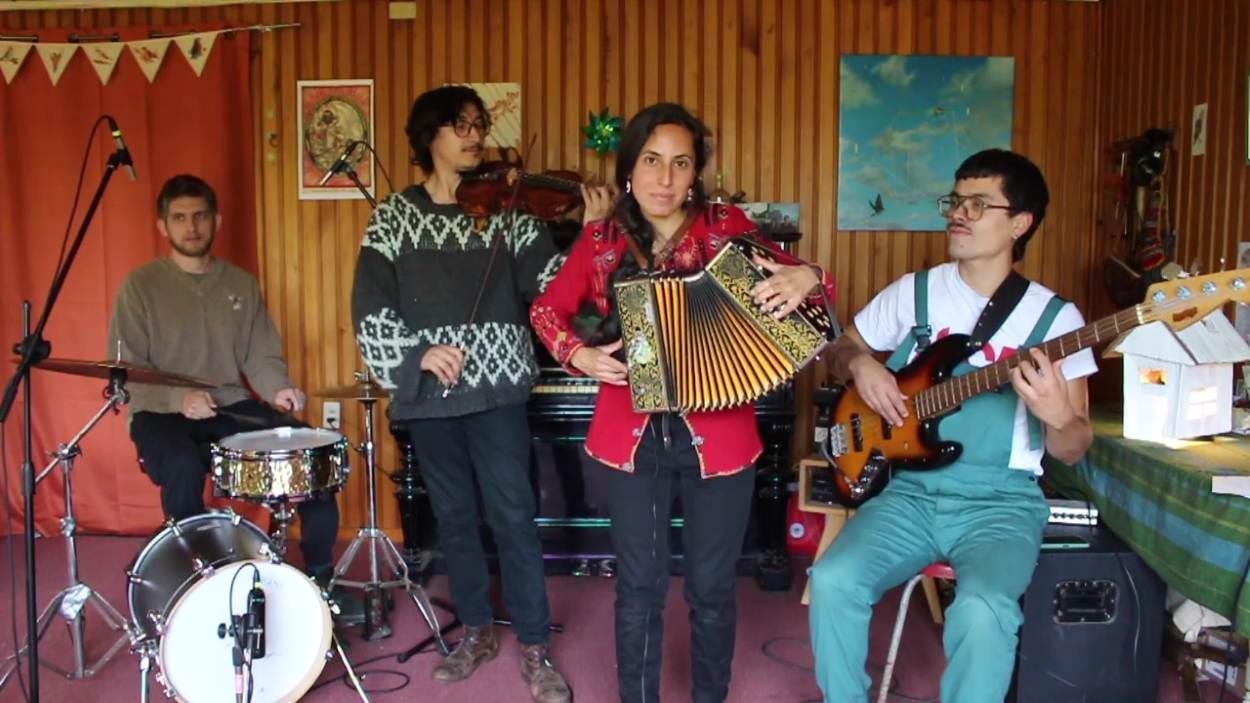Attack Spurs LGBT Legislative Action in Chile
Attack Spurs LGBT Legislative Action in Chile
The murder of a gay youth in Chile sparked national debate about passage of a long-languishing antidiscrimination bill.
Daniel Zamudio, a 24-year-old gay Chilean, died on March 27 following an attack by a group of self-described neo-Nazis. His death sparked a national debate over the protection of gay rights in Chile, with an anti-discrimination law languishing in the lower house for seven years due to opposition from conservative senators at the core of that debate. These legislators, mostly made up of Independent Democratic Union (UDI) members and backed by religious groups, object to language in the bill that provides legal protection of LGBT rights. The murder led the government to announce that it “has placed the utmost urgency on the anti-discrimination law to have it passed as quickly as possible.” However, the UDI said it would not bow to government pressure to pass the bill carte blanche and will meet to discuss the matter April 3.
The public debate led the president of the Chamber of Deputies to announce March 29 that the government would seek to expedite the bill’s passage over the next two weeks through a compromise between the UDI, which is part of the governing coalition, and other parties in favor of the law. Supporters of the bill say Zamudio could have used the law to seek protection after receiving homophobic threats. The law would also increase the severity of the charges against the crime’s perpetrators.
When originally proposed in March 2005 the UDI, alongside conservative National Renewal senators, blocked the antidiscrimination measure due to concerns over Article Two of the bill. That section of the law lists out the types of discrimination to be penalized and includes sexual orientation and gender identity. Conservative senators backed by religious groups say the bill’s passage with Article Two included will open the door to legalization of gay marriage. Nonetheless, on November 8, 2011 the law was passed by the senate—where the UDI constitute a minority—with 23 voting for and 13 against the bill. The law is now stalled in the Chamber of Deputies, where the UDI forms a majority bloc of 39 out of a total 120 seats. UDI Deputy Felipe Ward announced his party will meet to discuss the issue Tuesday, stating that while the UDI seeks “to approve an antidiscrimination bill 100 percent,” the bill should not “override other legal texts that may eventually open a door for someone to claim discrimination if, for example, same-sex marriage is not permitted.” The UDI has a history of blocking LGBT rights in Congress, and opposed the legalization of homosexuality in 1995.
However, the attack on Zamudio and the subsequent antidiscrimination debate is receiving attention outside of Chile. The UN High Commissioner for Human Rights Rupert Colville urged passing the bill “in full compliance with relevant international human rights standards.” The Inter-American Court on Human Rights (IACHR) also issued a similar statement. Chile has a history of social conservatism, standing out even within Latin America for its traditional Catholic values. In 2004, a Chilean judge lost custody of her three children because she was in a same-sex relationship (The IACHR eventually overturned the decision after an eight-year process). At a press conference outside the hospital where Daniel Zamudio died, Chilean Interior Minister Rodrigo Hinzpeter stated: “[S]ince Daniel’s aggressive murder happened, we’ve been learning how we are going to construct a better-protected society with more love, where no one is discriminated for any reason because all Chileans have the same rights.”
Learn more:
- Visit the UDI’s website.
- Follow news about the case on Twitter: #DanielZamudio.
- Read more about equality in Chile on the Chilean Movement for Sexual Minorities website.
- Access a list of Chilean laws relating to LGBT rights.
- Read an op-ed from the president of the Chilean Senate entitled “The Challenge of Diversity.”








